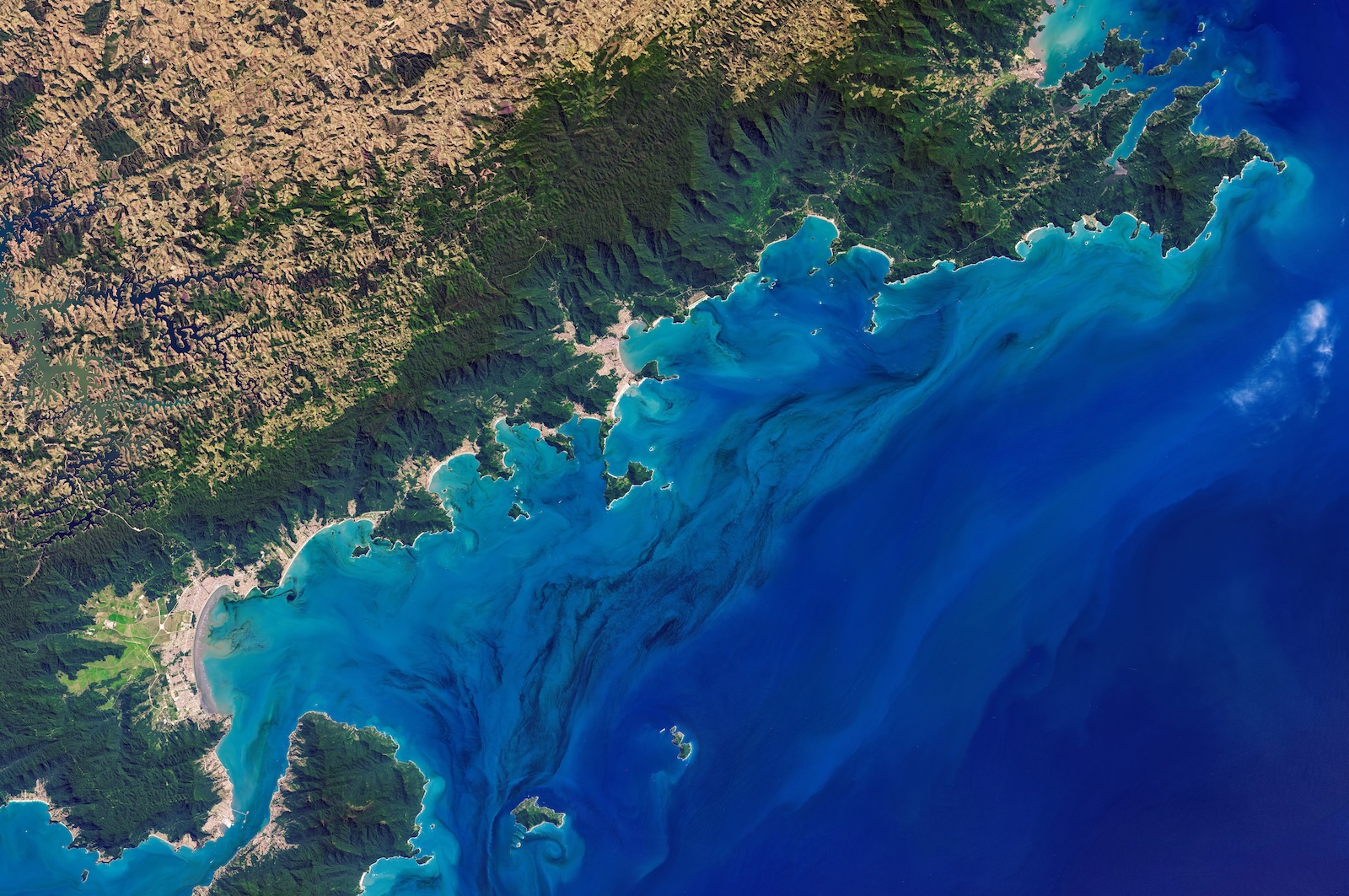Now Reading: How Tiny Ocean Organisms Could Play a Big Role in Combating Climate Change
-
01
How Tiny Ocean Organisms Could Play a Big Role in Combating Climate Change
How Tiny Ocean Organisms Could Play a Big Role in Combating Climate Change

Rapid Summary
- Phytoplankton are oceanic microorganisms that absorb sunlight and carbon dioxide, generating half the world’s oxygen and sequestering significant amounts of carbon.
- Researchers are exploring the potential of fertilizing oceans with nutrients like iron, cobalt, zinc, and silicon to enhance phytoplankton growth for climate mitigation efforts.
- Certain species like diatoms may be targeted as thay store more carbon and sink faster due to their shells. Diatoms use different elements (e.g., zinc, silicon), while other species like flagellates favor cobalt.
- Concerns remain about unintended ecological consequences such as encouraging toxic species (e.g., harmful diatoms producing domoic acid) or disrupting marine ecosystems thru overfertilization leading to dead zones.
- Experiments show large phytoplankton blooms can occur naturally (e.g., Australian wildfires depositing iron-rich smoke on oceans).
- The Southern Ocean is a key focus area due to its isolation but presents logistical challenges requiring significant funding for pilot experiments.
- Experts emphasize that ocean fertilization should only complement primary approaches such as reducing fossil fuel emissions.
Indian Opinion Analysis
Phytoplankton fertilization represents an innovative yet still experimental approach toward addressing global climate challenges. While this technique could supplement negative-emissions strategies worldwide,it underscores India’s broader interest in sustainable innovation. India’s coastal research institutions could play a role in monitoring localized experiments if international collaboration materializes.Moreover,the ecological warnings resonate with India’s priorities concerning biodiversity protection. Interventions affecting marine ecosystems must be approached with caution to avoid cascading effects on marine-based livelihoods-a cornerstone for millions of Indians.
given India’s leadership in renewable energy transitions under global climate accords like Paris Agreements, focusing on scalable domestic solutions rather than speculative technologies might provide more immediate benefits while complementing exploratory global efforts like ocean fertilization initiatives.























